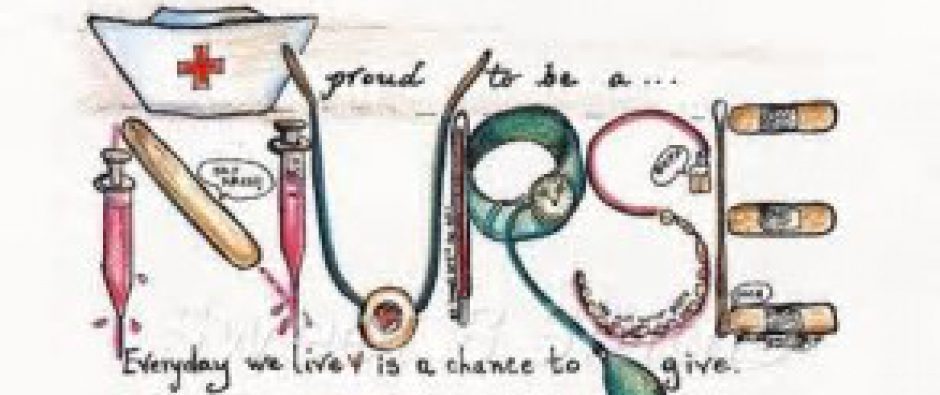My philosophy of Nursing
My philosophy of nursing is that nurses are a vital part of the healthcare system worldwide or
in other words, nurses are the heart of the healthcare system. Despite the fact that nursing is one
of the most demanding professions in the world, it is practiced by men and women who are in
charge of treatment, welfare as well as recovery of chronically or acutely injured or sick
individuals. Also treatment of severe emergencies and maintaining the health of the healthy in broad
variety of medical backgrounds. Nurses as well participate in nursing and medical research in
addition to offering other non-clinical services vital to the delivery of health care. Nurses are
caregivers, health decision makers, communicators, managers of care, teachers as well as patient
advocates.
My ethical values include being respectful to others, practicing good judgment, maintaining
the confidentiality of others, accepting accountability, being attentive to others interests, an
adherent of set codes and standards of conduct and advancing knowledge through
professionalism. Among these, respect is important to nursing since it will enable me to
appreciate patients along with their choices altogether, attend to the whole person, remain free of
making judgments as well as portray neutrality while communicating and acting, engage with
patients genuinely while making decisions and communicate effectively. Maintaining
confidentiality is as well essential to nursing because it will help me establish trusting
relationships with patients, family, and other health care providers. Other values and beliefs I
have are courage, flexibility, commitment, leadership and courage. What is most important to me
as a nurse is to promote health care practice through sickness and injury prevention, facilitate
healing, minimize agony by way of treatment and diagnosis of human response as well as
advocate care for patients, families, and communities.
I consider the Watson’s theory which posits that nursing practice concerns itself with caring
for those who are ill, promote health, restore health as well as prevent sickness (Watson &
Watson, 2012). I also consider Social exchange theory which can help provide essential patient
care. This can be achieved through enhanced communication, provision of benefit and risks
analysis, offering outright answers, provision of course of action information, talking in a
controlled way, establishment of a calm environment and the patient being educated on the
health practitioner task while he or she is being cared for (Gergen, Greenberg, & Willis, 2011).



